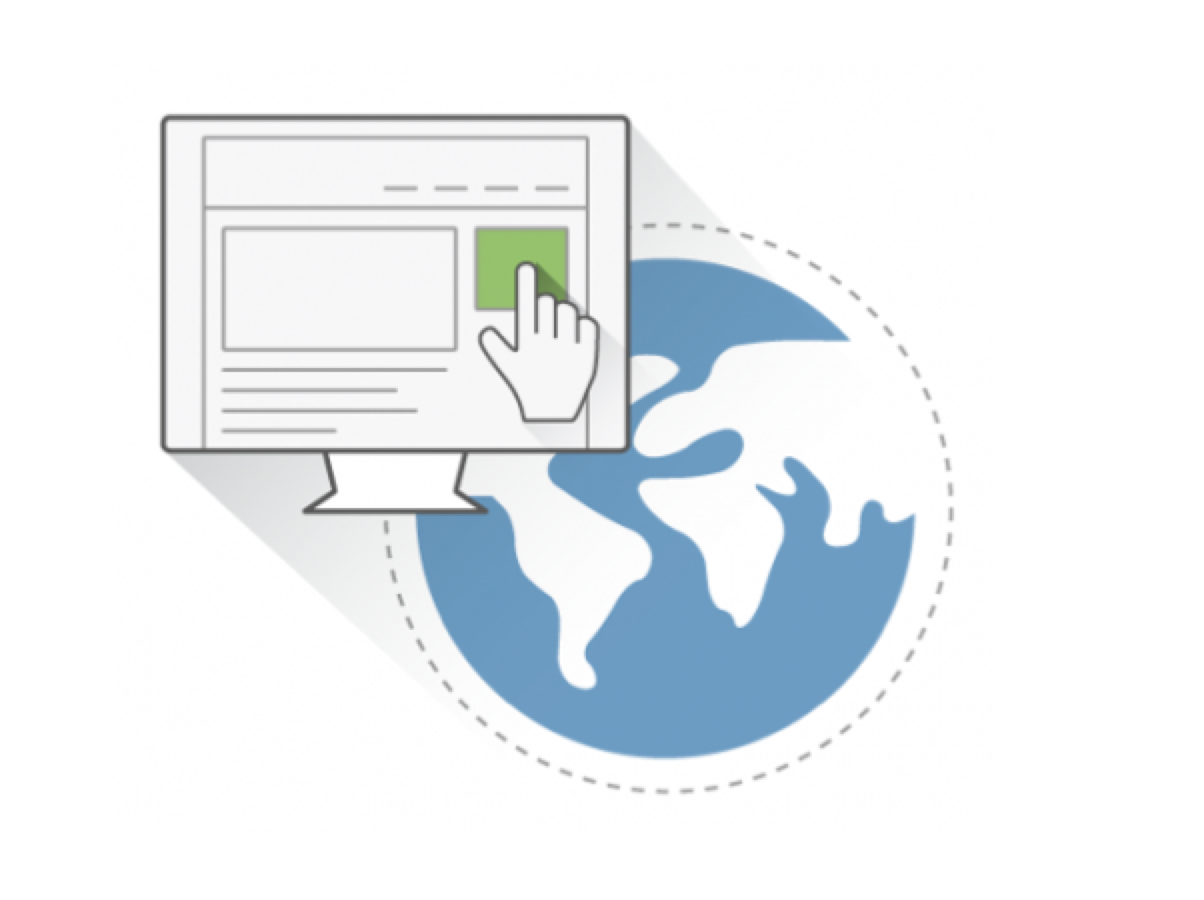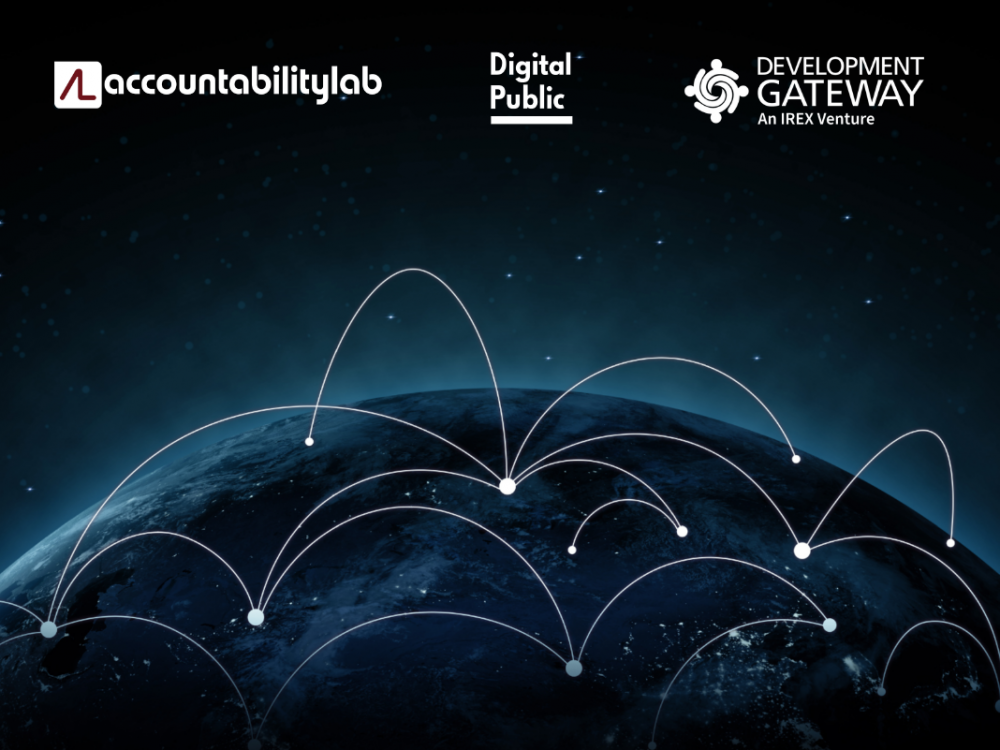Announcing AD3: Administrative Data-Driven Decisions

Development Gateway (DG) is proud to launch the Administrative Data-Driven Decisions (AD3) program, supported by the William and Flora Hewlett Foundation. Through this program, DG will work with governments in East and West Africa to improve the efficiency, effectiveness, and use of administrative data systems.
Administrative systems manage data generated from delivering services – education, healthcare, social transfers – to citizens. Governments and the international community increasingly recognize that data from these systems are useful for more “real time” policymaking, by enabling more “real time” monitoring and program adjustment to achieve development goals. Through the AD3 program, we will seek to understand and address barriers that prevent administrative data use.
The two-year program will focus on four countries in East and West Africa, building on DG’s expertise designing and integrating government data systems. We look forward to expanding DG’s regional body of work, which now includes the Data for Youth Services Collaborative and OpenDCH in Côte d’Ivoire, our ongoing Hewlett grant to complete open contracting activities in Senegal and Uganda, and our Results Data Initiative country level work in the health sector in Tanzania.
To achieve the SDGs and “leave no one behind,” building a foundation of administrative data use will be essential. As we move towards 2030 and country governments continue towards their goals, they’ll require strong foundations and rich administrative datasets to meet reporting requirements and measure progress. AD3 will build understanding of specific priorities in each country, and collaborate with government working groups to co-develop solutions to user needs – developing visualizations for decision-making processes, strengthening system interoperability, and supporting data sharing across governments.
Finally, we look forward to bringing lessons learned from AD3 and capture broader programmatic impact, bringing insights to global conversations around how to increase the usefulness and use of data to achieve better outcomes. With timely, reliable, and granular data, we’re building healthy administrative systems – and ultimately, more effective outcomes.
AD3’s data-driven focus aligns with DG’s overarching mission to support the use of data, technology, and evidence to create more effective, open, and engaging institutions. To learn more about our work, visit our website or stay connected with us on Twitter at @DGateway.
Share This Post
Related from our library

Economic Toll of Tobacco-Related Diseases in Kenya: New Research Findings
Development Gateway: An IREX Venture (DG) is pleased to announce the publication of a research manuscript on the Economic Costs of Tobacco-Related Illnesses in Kenya. This research was carried out as part of the Tobacco Control Data Initiative (TCDI) activities in Kenya and is part of a broader report on Morbidity and Mortality from Tobacco Use in Kenya.

Building a Sustainable Cashew Sector in West Africa Through Data and Collaboration
Cashew-IN project came to an end in August 2024 after four years of working with government agencies, producers, traders, processors, and development partners in the five implementing countries to co-create an online tool aimed to inform, support, promote, and strengthen Africa’s cashew industry. This blog outlines some of the key project highlights, including some of the challenges we faced, lessons learned, success stories, and identified opportunities for a more competitive cashew sector in West Africa.

Launching a Partnership Matching Service for Nonprofits
While a lot of us have talked about the potential, value, and – in some cases – need for more mergers and acquisitions in the non-profit space, recent events have made it clear: now is the time. That’s why the teams at Accountability Lab, Development Gateway: An IREX Venture and Digital Public, partnered up to develop both a new toolkit, a partnership matching service, and professional support infrastructure aimed at assisting the organizations facing this challenge.